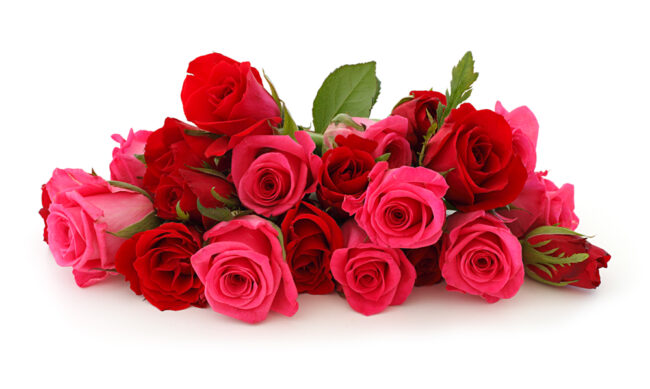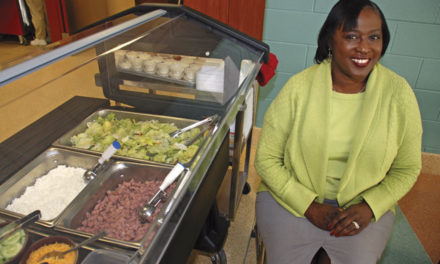
by MOYA ANDREWS
Old rose varieties, such as alba, gallica, and damask, had wonderfully fragrant blooms but, sadly, bloomed only once. Thanks to David Austin (1926–2018) we have 230 modern hybrid roses that offer intoxicating, old-fashioned rose fragrances and that bloom repeatedly.
Austin bred the scent back into roses while maintaining significant modern features such as disease resistance, varied form and color, repeat bloom, and longer shelf-life when cut.
He dedicated six decades of his life to creating an array of rose bushes that benefit home gardeners as well as the multimillion dollar horticulture industry. Austin was fond of saying, “A rose without a fragrance is only half a rose.”
I suggest you honor Austin by purchasing one of his rose bushes for your favorite gardener this Valentine’s Day. If you order one now, it can be delivered at the right planting time in late spring. If your Valentine is not a gardener and you want to gift them with cut roses, be sure the flowers are fragrant. I guarantee this will be the first thing the recipient checks following receipt of the gift.
If you are still not convinced that roses are a foolproof investment, consider President Ronald Reagan’s proclamation of the rose as the National Floral Emblem on November 20, 1986.
Proclamation 5574 states, in part: “More often than any other flower, we hold the rose dear as the symbol of life and love and devotion, of beauty and eternity. For the love of man and woman, for the love of mankind and God, for the love of country, Americans who would speak the language of the heart do so with a rose. … We have always cultivated roses in our gardens. Our first President, George Washington, bred roses, and a variety he named after his mother [Mary Washington, a white Noisette rose] is still grown today. The White House itself boasts a beautiful Rose Garden. We grow roses in all our 50 States. We find roses throughout our art, music, and literature. We decorate our celebrations and parades with roses. Most of all, we present roses to those we love, and we lavish them on our altars, our civil shrines, and the final resting places of our honored dead. The American people have long held a special place in their hearts for roses. Let us continue to cherish them, to honor the love and devotion they represent, and to bestow them on all we love just as God has bestowed them on us.”
If you remain unconvinced about the significant role played by these flowers, perhaps you may consider the more informal statement recently overheard on a city bus—“Don’t forget to send my Valentine’s flowers to me at the office. Otherwise my co-workers will think you are cheap”—to be more persuasive. And don’t forget that Valentine’s Day roses must arrive on or before February 14. Those presented after that date definitely will not count.











